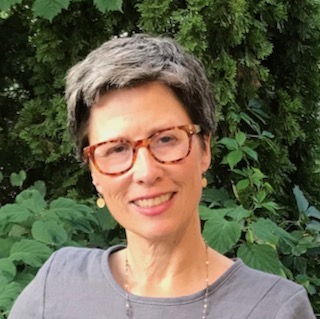OCD: Hiding in Plain Sight
Description
Obsessive-Compulsive Disorder (OCD) symptoms can be mistaken as trauma, general anxiety, depression, and other mental health disorders. Missing this subtle but vital piece of the diagnostic picture can lead to needless suffering for the person receiving services. This training on OCD fundamentals identifies OCD symptoms and helps behavioral health workers feel more competent helping their clients consider the presence of this disorder.
Exposure and Response Prevention is considered the “gold standard” for treatment. However, there are other options for OCD, most notably Inference-Based Cognitive Behavioral Therapy (I-CBT). This session provides an overview of this newer and very effective, evidence-based treatment approach to help workers develop a framework and knowledge of treatment options for their clients.
Learning Objectives
-
Identify potential OCD symptoms in clients
-
Highlight the purely mental presentation of compulsions (nicknamed “Pure-O”)
-
Examine the mechanisms of OCD thought
-
Consider the presence and impact of differential diagnoses
-
Review standard treatments for OCD and Inference-Based CBT
Guest Instructor Info
Lucy Grantz, LMFT, of Pivot Psychotherapy, is a Licensed Marriage and Family Therapist in Minnesota specializing in therapy for teens and adults struggling with Obsessive Compulsive Disorder and Anxiety. She has lived experience with recovering from the grip of OCD and is subsequently committed to helping others. Lucy's OCD presentation appeared with primarily mental compulsions, and so this is a specific area of interest.
Currently, Lucy uses Inference-Based Cognitive Behavioral Therapy as a preferred method to treat OCD. She finds the approach provides an enlightening "manual for the OCD brain", and has seen clients improve greatly. She attends several peer consultations and also consults with Frederick Aardema, one of the founders of I-CBT.
Lucy brings to treatment a wealth of experience personally and as a therapist. She has a background in exploring Buddhism and mindfulness, which is beneficial for any therapeutic process. As an OCD provider, Lucy was trained in Exposure and Response Prevention through the Behavioral Therapy Training Institute. She also has experience treating OCD using Rumination-Focused CBT.
Maintaining a private practice in Southwest Minneapolis, Minnesota, called Pivot Psychotherapy, Lucy is available for Telehealth and in-person appointments.

Board Accreditation
MN Board of Social Work
2.0 CEUs
MN Board of Nursing
This activity has been designed to meet the Minnesota Board of Nursing continuing education requirements. However, the nurse is responsible for determining whether this activity meets the requirements for acceptable continuing education.